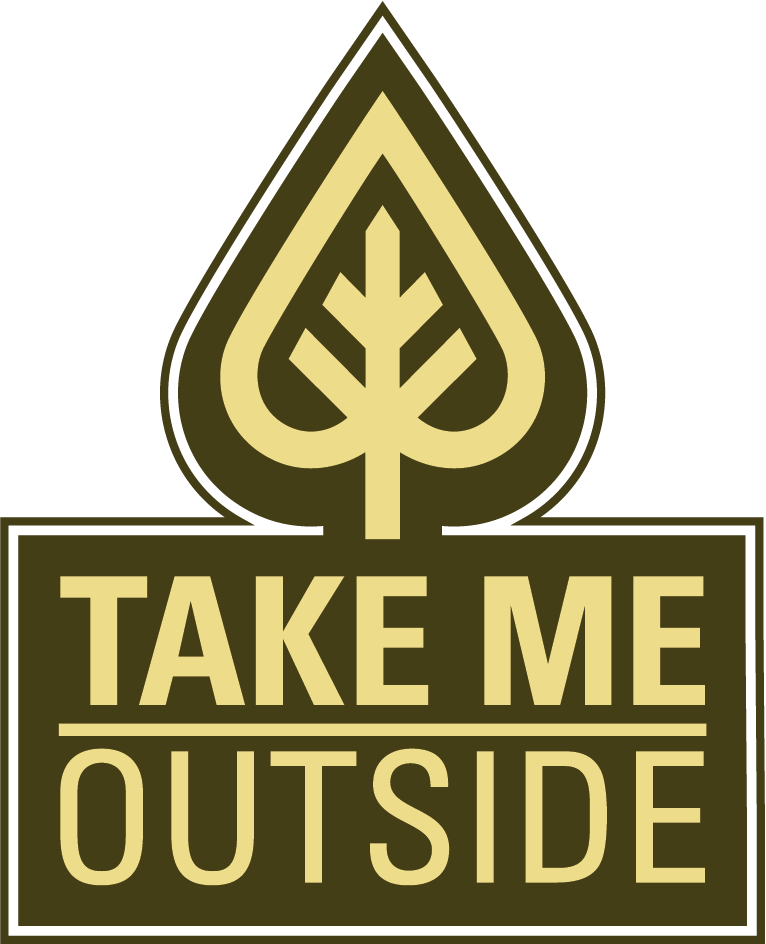60 results for group: 2023
Privileging more-than-human voices in sustainability education: An argument for role-play pedagogy
This workshop will give practitioners and participants the opportunity to experience role-play pedagogy, through engagement with the more-than-human in the environment. This pedagogical strategy involves the activation of evolved, imaginative, ecological engagement and thinking-with or being-with the ‘other.’ The objective of this pedagogical approach is the intentional development of relational awakeness and the building of relational bridges between children and and the ‘other’ in our common worlds.
Project WET Climate, Water and Resilience Mini-Workshop
In Project WET Canada’s Climate, Water, and Resilience Mini-Workshop participants will experience three engaging climate change activities from the educator guide. Each activity includes background information for the teacher, climate connections, STEM and career connections, and a climate resilience activity. The activities enable students to understand climate and climate change through accessing and analyzing reliable science-based data, conducting experiments, and participating in simulations, all of which empower students to combat climate change and build a more resilient future.
Indigenous Games
Nature Saskatchewan and SaskOutdoors will share their experience of discovering their role in Truth and Reconciliation in their community through outdoor and place-based education programs. They will discuss cultural appropriation and the knowledge that was shared with them by Knowledge Keeper, Alphonse Obey from the Pasqua First Nation. Participants will learn about the cultural traditions of several Indigenous games as well as create materials for your own use of these games which were gifted to them to share with others.
Kapabamayak Achaak Healing Forest- Live, Learn, Heal
Kapabamayak Achaak Healing Forest (KAHF) is a living memorial to Indigenous children lost to or affected by the residential school system as a gathering place for families and communities for learning outdoors. In this place, land-based learning, and intergenerational learning programs, connect people to their histories and cultivate sustainability.
The presenters will provide a brief history of the project and provide examples of land-based practices such as Indigenous ways-of-knowing and methodologies, environmental sustainability and wellness on the land.
Centering Indigenous Pedagogy with and for students in the helping professions
SIIT staff and students from the Mental Health and Wellness Diploma program will share some of their experiences and perspectives on how to incorporate Indigenous pedagogy into education. Through a hands-on immersive experience, participants will be guided land-based skills and how to co create knowledge with students to achieve learning outcomes. The activity is a condensed version of a student assignment in the Recreation, Leisure and Wellness course that is part of the MHW curriculum.
Connecting Indigenous Pedagogy to Practical Ways of Teaching Outside the Box
An invitation to see the world of two district Indigenous Education teachers and how they support school wide communities. This is done through showcasing practical examples of bringing land, experiential, play and project based learning to educator's current practice. Their path is to build capacity by helping teachers find their gifts in self discovery by supporting their growth and goals while using culturally responsive teaching models with Indigenous ways of knowing.
Finding Peace Outdoors
This course will explore the philosophies and educational integration techniques behind nature journaling while giving hands on practical ways to implement this strategy in the classroom. We will spend some time working the research behind this and will move into taking our own time to sit in nature and practice different methods of artistic expression.
Rooted in the Land: Relational Renewal and Reconciliation
In this outdoor workshop, participants will be invited to grow their understanding of how each of us and all living beings exist and act within webs of relationships and that relational understandings needed for reconciliation among humans and between humans and the more-than-human.
Through outdoor activities and invitations for creative writing and drawing, we will explore how we might re-new, re-story and deepen our understandings of self, of relationship and of relational responsibility.
In Our Nature: Creative place-responsive practices for wellbeing
We are intricately connected; tending to personal wellbeing thus tends to all our relations. This workshop is an invitation for educators of all backgrounds to improve their wellbeing by responding to the human and more-than-human worlds informing their identity and practice. From gratitude to poetry, group discussion and getting creative, participants will collaborate on an art installation to represent our interconnected and interdependent identities on a hanging art mobile. By remembering our mutual belonging that has always been ‘in our nature’, we improve wellbeing for all.
Taking learning out into the schoolyard: Cultivating connections in challenging times
As outdoor learning enthusiasts, we’re familiar with the benefits of spending time outdoors. Is simply being outside enough, though, to offer students a meaningful connection to nature? One that can support them in challenging times? In this workshop, we will engage in a series of activities that foreground mindfulness, gratitude, honouring difficulties, and finding hope through a sense connection with all of life. These activities can be replicated in any schoolyard, helping us respond to the natural world’s invitation to be present, to find resilience, and ultimately, to know that we belong.




